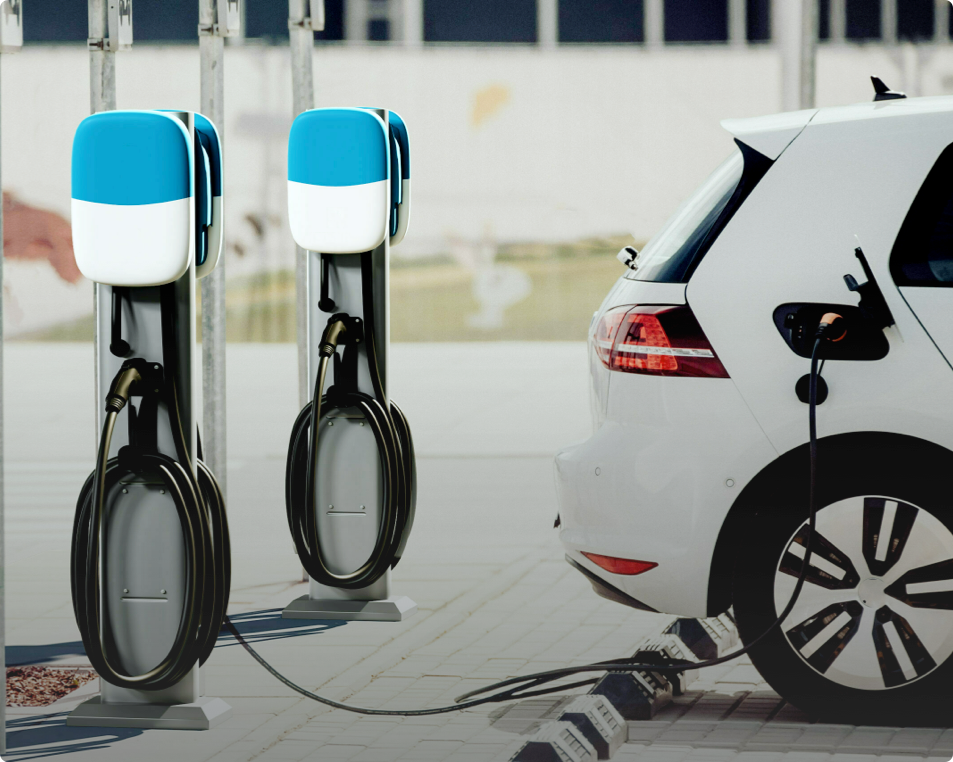Introduction: Why EV Charging Matters for Modern Businesses
As the transition to electric mobility accelerates, businesses are no longer viewing energy solutions as optional extras. An Estação de carregamento de veículos eléctricos is not simply an electrical installation; it is a strategic touchpoint that links sustainability, innovation, and customer expectations. For B2B buyers, such as commercial real estate developers, retail operators, logistics companies, and fleet managers, integrating EV charging into their operations is a move that directly influences how clients perceive value. By offering accessible charging, businesses strengthen their reputation as forward-thinking partners, while also creating new opportunities for customer engagement and brand growth.
EV Charging Station as a Tool for Building Customer Loyalty
In today’s competitive market, loyalty is no longer built on price alone. Business customers, whether they are tenants in a retail property or fleet operators seeking efficiency, want reliability and convenience. By providing an EV charging station as part of the business environment, companies signal commitment to long-term collaboration and modern customer needs.
When customers experience seamless charging access, they are more inclined to return, extend their partnerships, and view the company as a trusted ally. This loyalty is further reinforced when charging infrastructure is paired with additional value-added services, such as dedicated waiting areas or integrated digital payment systems. For commercial landlords and logistics hubs, it is not just about providing power—it is about fostering an ecosystem of trust and convenience. Partnering with an experienced EV charging station manufacturer allows businesses to ensure reliability and scalability, which directly supports customer loyalty.

Enhancing Brand Visibility Through Charging Infrastructure
An EV charging station is more than a utility—it is a visible symbol of corporate responsibility. For B2B buyers, installing charging points can transform commercial sites into brand statements. Each charging unit becomes an opportunity to communicate values such as innovation, sustainability, and forward-looking strategy.
Consider a retail complex or office park: when clients and partners encounter a modern EV charging station, they immediately associate the location with progress and care for the environment. This perception extends beyond the physical space, as charging availability often becomes part of online maps and navigation platforms, further amplifying brand visibility in digital channels.
By connecting charging infrastructure with broader marketing efforts, businesses can build stronger recognition in their industry. They are not just offering convenience; they are showcasing leadership in sustainable transformation.
Competitive Advantage for B2B Buyers
Differentiation is a decisive factor in B2B markets. Companies that integrate EV charging stations into their operations can stand apart from competitors who lag in adopting green energy infrastructure. For property managers, charging stations help attract premium tenants who prioritize sustainability. For logistics providers, they strengthen trust with partners who require efficient fleet electrification.
The competitive advantage does not lie solely in the physical asset but in the perception it creates. Businesses that visibly invest in charging infrastructure send a clear message: they are aligned with the future of mobility, ready to support clients with long-term solutions. This readiness becomes a key argument in negotiations, attracting customers and partners who value innovation and dependability.
Integration with Broader Sustainability and ESG Goals
Sustainability is no longer a voluntary ambition—it is a fundamental requirement across industries. An EV charging station aligns perfectly with corporate ESG (Environmental, Social, and Governance) frameworks, offering businesses a tangible way to demonstrate responsibility.
For many enterprises, integrating charging infrastructure into their facilities supports greener supply chains and aligns with investor expectations. It strengthens brand reputation in annual sustainability reports and positions the company as a proactive contributor to global climate goals. For example, a commercial property that integrates a 7kW EV charging station can align its sustainability commitments with practical on-site convenience.
By adopting charging solutions, companies not only meet regulatory expectations but also inspire confidence among clients who want to work with partners committed to long-term environmental responsibility. EV charging thus becomes a bridge between daily operations and strategic corporate vision.
Opportunities for Partnerships and Long-Term Growth
EV infrastructure often unlocks opportunities for collaboration across industries. Property developers can work with retailers, fleet operators can coordinate with energy providers, and logistics companies can collaborate with technology integrators. At the center of these partnerships lies the EV charging station, serving as both a physical asset and a strategic enabler.
By fostering such alliances, businesses create value that extends beyond immediate transactions. The long-term growth generated by these networks ensures that EV infrastructure is not only a short-term investment but also a future-ready business asset.
Conclusion: Why B2B Buyers Should Act Now
The rise of electric mobility is not a distant trend; it is a present reality shaping customer expectations and business strategies. An EV charging station can directly influence how clients perceive value, trust, and loyalty, while also amplifying brand visibility across physical and digital channels.
For B2B buyers, investing in charging infrastructure is more than an operational choice—it is a statement of vision, responsibility, and readiness for the future. Those who take the lead today will build stronger customer relationships, sharpen their competitive edge, and position their businesses for sustained growth in a rapidly evolving marketplace.

